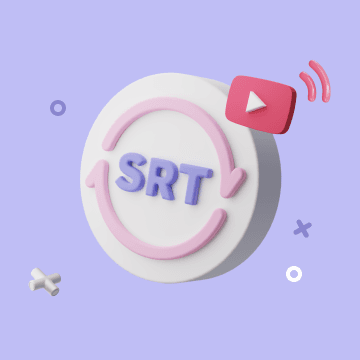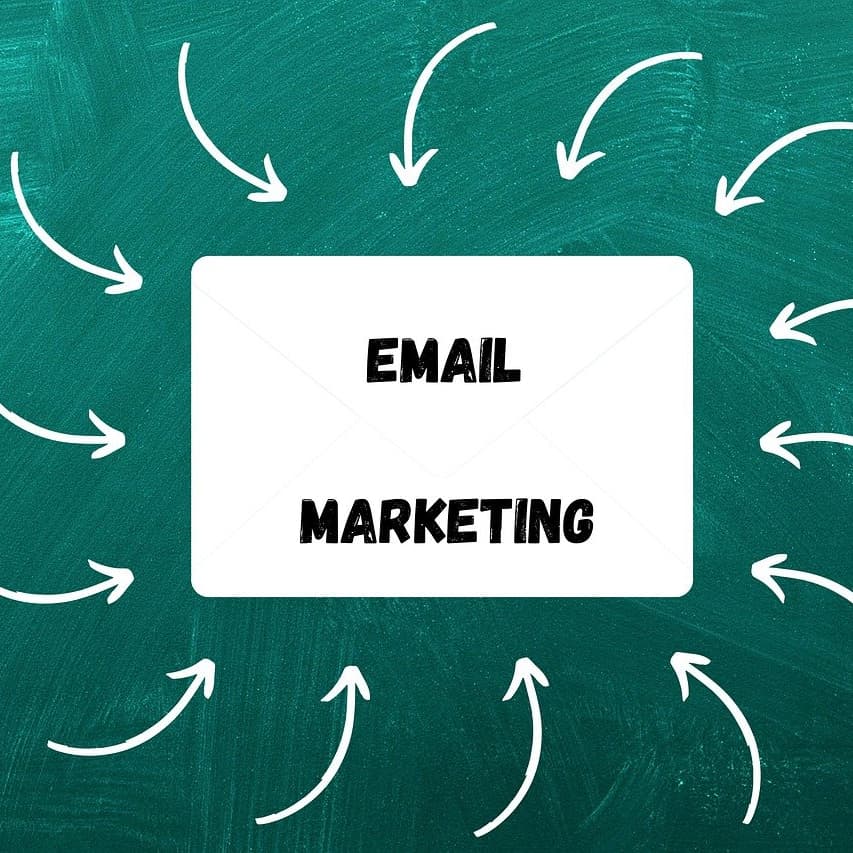
How to Built an SEO AI Agent That Learns and Improves Daily
An SEO AI agent is no longer a futuristic concept—it can now handle complex tasks that once consumed hours of manual work. By connecting insights from search data, competitor analysis, and content performance, the agent creates actionable strategies without constant human input.
Tools such as bika.ai allow small teams or solo operators to orchestrate multiple AI SEO agents, turning instructions into structured workflows that execute and improve over time. This approach frees marketers to focus on strategy while the agent manages routine optimization tasks, ensuring your content remains competitive in dynamic search environments.
What Is an AI-Powered SEO Agent?
An SEO AI agent combines multiple layers of capability to streamline workflows. It integrates content creation, keyword research, site audits, and reporting in one interface.

Tools like bika.ai allow teams to delegate tasks and track progress automatically. Human oversight ensures outputs remain accurate and aligned with brand voice. Following best practices, these agents accelerate decision-making while reducing repetitive work.
An AI-powered SEO agent is designed to take on tasks that typically drain time and focus. It doesn’t just automate simple repetitive actions—it analyzes search intent, clusters keywords, drafts content, and audits pages.
- Keyword research: The agent identifies opportunities by grouping keywords based on intent and relevance.
- Content drafting: It creates structured outlines and SEO-optimized headings, giving writers a strong base.
- On-page audit: Quickly checks for missing meta descriptions, broken links, or duplicated content.
- SERP monitoring: Tracks ranking changes, alerts to performance drops, and suggests improvements.
For example, a content marketer can instruct an agent to scan competitor pages, highlight content gaps, and produce an outline for a new blog post within minutes. Each agent remembers prior tasks and adapts strategies based on performance metrics, ensuring continuous learning. The result is not only saved time but also higher quality and data-driven SEO output.
How Do You Set Goals for an AI Agent Platform?
Goal-setting ensures your AI agent delivers meaningful results rather than just generating outputs. Start with defining clear objectives, such as improving click-through rates, increasing organic traffic, or ranking for specific keyword clusters.
Next, break down tasks among specialized agents:
- Agent A: Monitors SERPs and competitor movements.
- Agent B: Drafts content based on keyword clusters and intent.
- Agent C: Performs audits, metadata generation, and technical checks.
In practice, a marketer noticing that their blog traffic is plateauing might ask the agent team to prioritize pages with low CTR. Within hours, the agents identify keywords, recommend content revisions, and even draft updated headings.
Platforms like bika.ai enable users to visualize these tasks in a shared workspace, making complex coordination seamless and transparent. Agents also adapt over time, learning from historical performance to refine future recommendations.
Which Platforms Power Effective SEO AI Agents?
A robust AI agent platform should integrate data, automate workflows, and scale easily. Key capabilities include:
- Multi-agent orchestration: Assigning specialized tasks to different agents.
- Automation triggers: Scheduling actions or initiating workflows based on events.
- Analytics dashboards: Monitoring performance and generating insights.
- Integration with SEO tools: Connecting to Google Search Console, Ahrefs, or Semrush.
For instance, a solo consultant can instruct an AI agent to check ranking drops, generate content improvements, and update meta descriptions—all in a single workspace.
bika.ai allows such orchestration, combining automation with learning so agents refine tasks over time. This approach ensures that SEO efforts are not only faster but also consistent, data-driven, and scalable.
How to Build a Workflow for SEO AI Agents?
Building a workflow for SEO AI agents requires a clear view of the process. SEO AI Powered Agents can cluster keywords, draft outlines, audit pages, and monitor rankings continuously.

Integration with tools such as Google Search Console or Ahrefs feeds real-time data. Humans review results and adjust parameters to refine recommendations. This cycle creates a feedback loop that improves accuracy and content performance over time.

Constructing a workflow means connecting agents in a logical sequence to maximize impact:
- Keyword research agent identifies high-potential opportunities.
- Content drafting agent generates outlines and structured drafts.
- Review agent refines drafts and ensures SEO compliance.
- Publishing agent schedules posts and updates metadata.
- Analytics agent monitors performance and feeds insights back.
💡Imagine a product launch scenario:
The research agent clusters keywords by intent, the drafting agent produces SEO-optimized content, and the analytics agent flags any page with falling CTR.
The team can then decide whether to update the content or adjust internal links. Each step is captured, structured, and repeatable, giving marketers confidence in their SEO decisions.
Using bika.ai, agents can communicate across tasks automatically, creating a continuous improvement loop without manual handoffs.
Professionals emphasize that AI-powered seo agents are more than novelty tools. They act as tireless SEO strategists, freeing teams from repetitive tasks. Prompt engineering is crucial for guiding agents efficiently without full fine-tuning.
Testing agents on a small set of pages first helps validate results before scaling. This approach balances automation with control, maintaining reliability across campaigns.
How Can You Ensure Quality and Accuracy?
Even autonomous agents require human oversight to maintain quality. Key strategies include:
- Guardrails: Prompts and instructions to maintain brand tone and SEO standards.
- Periodic reviews: Sampling outputs for accuracy and optimization quality.
- Data validation: Confirming that metrics, rankings, and keyword clusters reflect reality.
For example, an agent generates meta descriptions for a series of blogs. A human reviewer checks a subset and provides feedback. Agents incorporate these corrections to improve future outputs. Automation platforms like bika.ai make it easy to track these revisions and measure performance, creating a self-learning ecosystem.
Benefits of structured QA:
- Provides insights that improve agent decision-making over time.
- Keeps content consistent and aligned with strategy.
- Prevents errors from affecting rankings.
Users must watch for:
- Hallucinations or outdated advice from AI agents:
- Over-automation without human checks can harm search visibility and rankings.
- Data privacy is critical when integrating multiple SEO tools via APIs.
- Continuous updates and monitoring ensure the agent adopts current SEO guidelines.
- Teams should combine AI insights with human judgment for sustainable growth.
Conclusion
Building an SEO AI agent requires integrating automation, continuous learning, and data-driven decision-making. By defining goals, structuring multi-agent workflows, and implementing quality controls, marketers can achieve consistent traffic growth, improved rankings, and higher engagement.
Applications go beyond content creation—they include SERP monitoring, competitor analysis, and audience engagement optimization. Platforms like bika.ai demonstrate how a solo operator can effectively orchestrate agents, turning insights into automated, actionable SEO strategies.

Recommend Reading
- AI Outreach Agents: How Autonomous Tools Are Changing Sales and Lead Generation
- Contract Workflow Automation: How AI Is Transforming Contract Management
- 9 Key Benefits of AI Workflow Automation That Drive Real Results
- 5 Best CRM Workflow Automation Tools in 2026
- What Is an AI Workflow? How It Works and Why It Matters
Recommend AI Automation Templates


Coming soon

Coming soon

